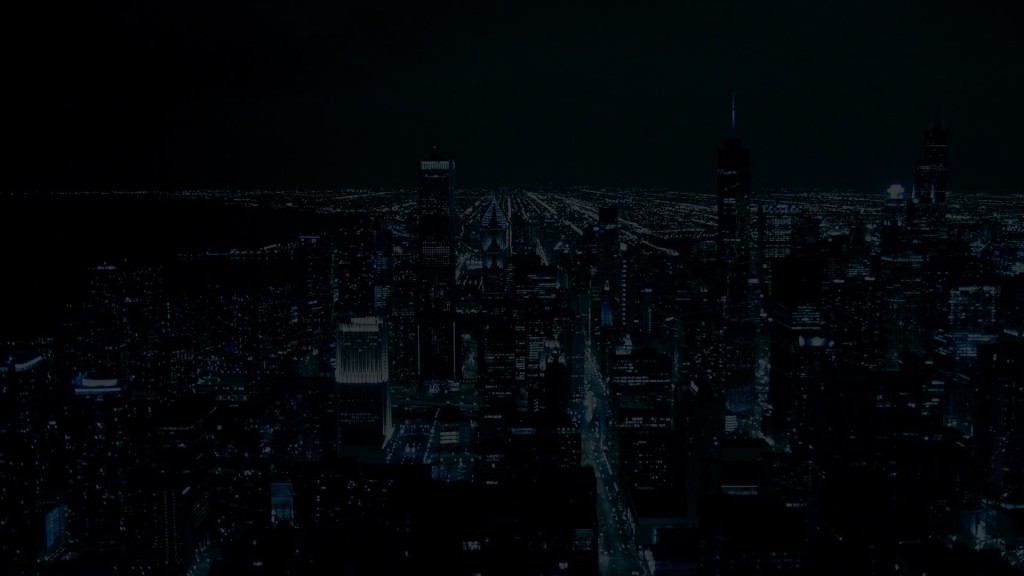Can’t Stay in My Box — I Never Was Cool
I suppose if I were the savvy one, I’d wait until Monday or Tuesday to write this post. But I’m not. I’m the one who writes when the writing needs to be done. This post can’t wait until Monday or Tuesday, and darn it. It shouldn’t either.
The dialogue around the blogs that I read a lot and among some bloggers that I care about has been around one big question lately that keeps getting twisted and turned.
Do I write about what I know and want, or do I change what I write when I see big traffic come?
It’s time we talk about the rights of a writer.
The 9 Rights of a Writer
The 9 Rights of Every Writer is a book by Vicki Spandel that I found last May at a teacher’s conference. I’ve never found anything like before or since. I’ve wondered how I might share what it says with you, but until now the occasion has never come.
The 9 Rights as they’re written are meant for teachers in schools to help kids to learn to write as writers not robots. I’m going to share the 9 rights with you here and adjust them to fit where our conversation has been.
-
1. The right to be reflective. If you’re having a crisis of what to write about, STOP. Breathe. Don’t do anything, except clear out your brain and give your mind room to have thoughts of your own. Take five minutes to look at trees or listen to music.
Everyone says to write your passion, to write what you know. How can you do that when your head is full of the clutter of information that’s everywhere?
2. The right to choose a personally important topic. Yeah, a personally important topic is the answer. That’s why the question came up. A personally important topic might not appeal to the biggest universe. Appealing to the biggest universe is one-size-fits-all, sitcom writing. The wider the pool the shallower the water becomes. The shallower the water, the more quickly it evaporates.
Who are those people on reddit and digg that are deciding what we blog about? Is that really who your audience is? How long do they stay on your site when they come? Are they really reading what you write about? Aren’t they the same group that decided what was cool in junior high school?
3. The right to go “off topic.” I can’t stay in my box. Anyone who reads this blog knows that. So what? Regular readers also know what to expect. Sometimes a change offers variety. I’ve decided not to worry about it. All work and no play makes Jack and Jill both dull.
Go off topic and let the world shake once in a while. Give yourself permission to be brilliant.
4. The right to personalize the writing process. This right is most important. If no one has made it clear, you should know — no two writers have the same process, nor do any two writers follow their process the same way for every piece that they write.
5. The right to write badly. It’s called a draft. Sometimes it’s called a final published piece too. No writer does everything perfectly. The goal is to get better than the last one.
I have a notebook of things I wrote in college where I actually wrote on each page good, fair, and poor. I did that in case people found it. I didn’t want them to think I thought it was good writing. How ludicrous! Now I keep it to remind me that I was once someone who thought writers had to write perfectly.
6. The right to “see” others write. The beauty of blogging is that we can share in our writing experience. We can look over shoulders and watch how people do things. We can ask questions. We can be learners. We can consider what we do important.
7. The right to be assessed well. You get to choose whose assessment you listen to, whose opinion counts.
8. The right to go beyond formula. Look around. The best ideas are always the ones you’ve never seen before . . . the ones that take something old and twist it into something new again. We don’t have to follow anyone’s rules as long as the message we send is the one that readers receive clearly.
9. The right to find your own voice. Voice is the part of writing that is authentically you, without self-consciousness, without worry about what the other kids or the teacher might think. Every reader comes to a writer looking for something more than the words. It’s not disregarding them to let them see who you are. It’s showing respect for them and respect for yourself.
I wrote this today rather than Monday or Tuesday because it’s not about traffic; it’s about writing. I awoke this morning wanting to say that reddit and digg have the power to be another form of peer pressure to write what they want. I think that peer pressure is best left in junior high school.
We should always care about readers. You know that I do. One way to show that is to give them the best me I’ve got.
I hope this helps with your question about traffic v. writing your passion.
–ME “Liz” Strauss
